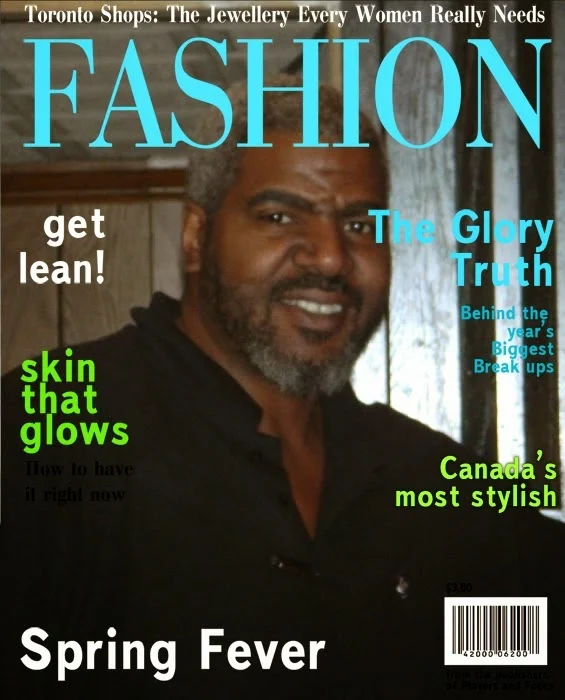Salia
is a general surgeon who had been working at Kissy United Methodist
Hospital in the Sierra Leone capital of Freetown. Patients, including
mothers who hours earlier had given birth, fled from the 60-bed hospital
after news of the Ebola case emerged, United Methodist News reported.
The
hospital was closed on Tuesday after Salia tested positive and he was
taken to the Hastings Ebola Treatment Center near Freetown, the church
news service said. Kissy hospital staffers will be quarantined for 21
days.
A Sierra Leone citizen, the 44-year-old
lives in Maryland and is a permanent U.S. resident, according to a
person in the United States with direct knowledge of the situation. The
person was not authorized to release the information and spoke on
condition of anonymity.
His wife, Isatu Salia,
said in a brief telephone interview Friday afternoon that she had
spoken with her husband by phone earlier in the day and that he sounded
weak but lucid and understood what was going on.
She
said she understood that arrangements were now in place to bring him to
the U.S., and that she needed to get to where he will be treated.
Salia
received his surgical training from a group called the Pan African
Academy of Christian Surgeons, which seeks to train African doctors on a
level comparable to training they would receive in the U.S., said
Richard Toupin, of Auburn, Indiana, a fellow medical missionary.
"He is one of the best-trained surgeons in his country," Toupin said. "He is a very competent surgeon."
Bruce
Steffes, executive director of PAACS, said Salia graduated from the
surgical training program in 2008. The training includes a requirement
to practice in Africa for four years after completion. As a result,
Steffes said, Salia was free to practice anywhere he wanted, but elected
to stay in Sierra Leone, where the need for surgeons is immense.
"People
like Martin are just absolutely dedicated, highly trained ... and doing
their best in absolutely horrifying conditions," Steffes said.
Jeff
Bleijerveld, director of global ministries for the United Brethren in
Christ church, said he last talked to Salia in February 2013, when they
met to discuss planning for a hospital in the southern part of Sierra
Leone.
He recalled watching Salia perform a hernia surgery on a young
boy, assisted by a handyman who was not actually a doctor. He recalled
Salia leading the surgical team in prayer before the operation.
The United Brethren played an early role in Salia's medical training.
"He's a quiet leader," Bleijerveld said. "Our people still have a real affection for him."
The
doctor will be the third Ebola patient at the Omaha hospital and the
10th person with Ebola to be treated in the U.S. The last, Dr. Craig
Spencer, was released from a New York hospital on Tuesday.
The
Nebraska Medical Center said Thursday it had no official confirmation
that it would be treating another patient, but that an Ebola patient in
Sierra Leone would be evaluated for possible transport to the hospital.
The patient would arrive Saturday afternoon.
Salia
came down with symptoms of Ebola on Nov. 6 but test results were
negative for the deadly virus. He was tested again on Monday, and he
tested positive. Salia is in stable condition at an Ebola treatment
center in Freetown. It wasn't clear whether he had been involved in the
care of Ebola patients.
Kissy is not an Ebola
treatment unit but Salia worked at at least three other medical
facilities, United Methodist News said, citing health ministry sources.
The
U.S. State Department said it was helping facilitate the transfer of
Salia; the U.S. Embassy in Freetown said he was paying for the expensive
evacuation. The travel costs and care of other Ebola patients flown to
the U.S. were covered by the groups they worked for in West Africa.
Sierra
Leone is one of the three West Africa nations hit hard by an Ebola
epidemic this year. Five other doctors in Sierra Leone have contracted
Ebola - and all have died.
The disease has killed more than 5,000 people in West Africa, mostly in Sierra Leona, Guinea and Liberia.
The
hospital in Omaha is one of four U.S. hospitals with specialized
treatment units for people with highly dangerous infectious diseases. It
was chosen for the latest patient because workers at units at Atlanta's
Emory University Hospital and the National Institutes of Health near
Washington are still in a 21-day monitoring period.
Those
two hospitals treated two Dallas nurses who were infected while caring
for Thomas Eric Duncan, a Liberian man who fell ill with Ebola shortly
after arriving in the U.S. and later died.
The
other eight Ebola patients in the U.S. recovered, including the nurses.
Five were American aid workers who became infected in West Africa while
helping care for patients there; one was a video journalist.




























